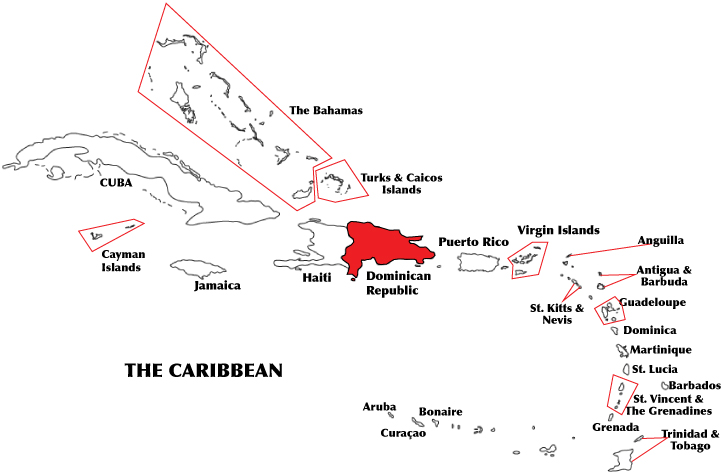
Bermuda is a tiny British Overseas Territory in the North Atlantic Ocean, some 600 miles from the East Coast of the United States (population: 64,700). Even though Bermuda is 1000 miles from the Caribbean Sea, there are a number of sociological similarities between Bermuda and the Caribbean island nations; it is an associate member of the Caribbean Community. Its economy, much like the Cayman Islands and The Bahamas, is largely based on finance and tourism, and it likewise enjoys one of the highest standards of living in the world.
According to the 2000 census, Bermuda is 54.8% black and 34.1% white. IQ and the Wealth of Nations (2002) did not include intelligence data for Bermuda, but IQ and Global Inequality (2006) reported an IQ of 90, as the average of two studies. In this post I discuss some overlooked data which suggest that Bermudian blacks have an IQ that is very close to 100, and that there is no IQ gap between black and white Bermudians. There is also some overlooked test data which suggest otherwise, and we are left with some uncertainty over the meaning of the conflicting research. Continue reading






